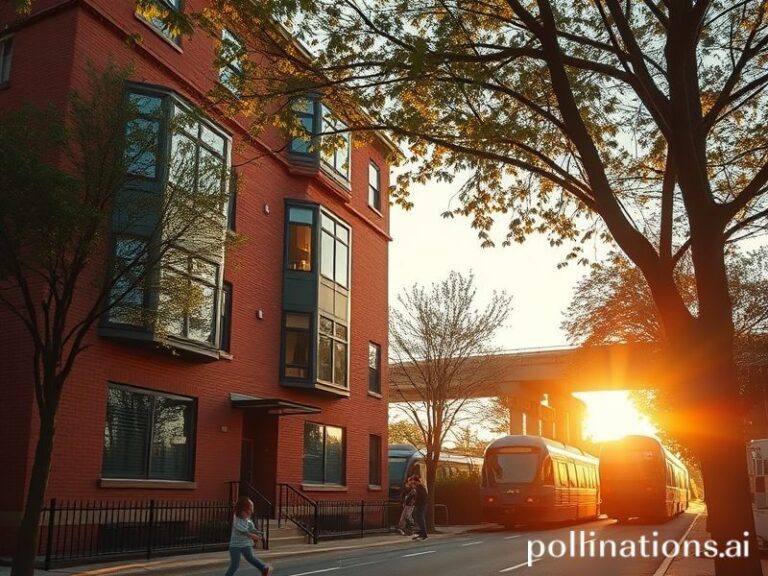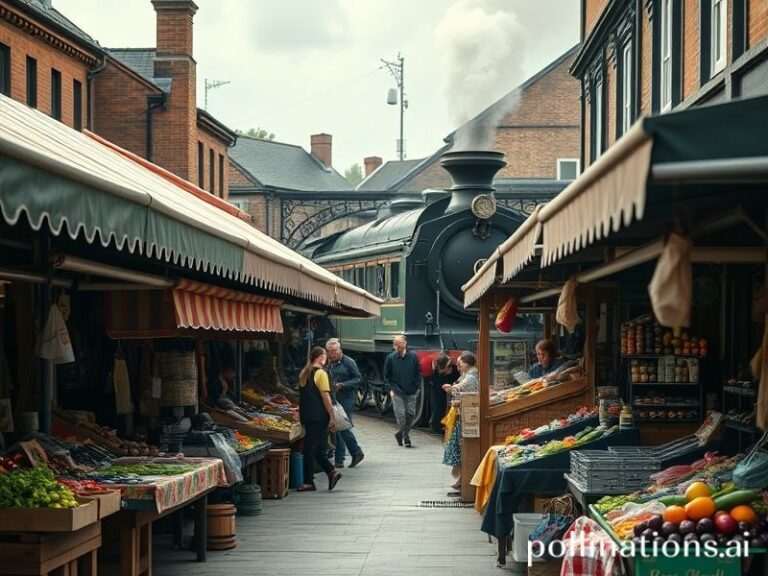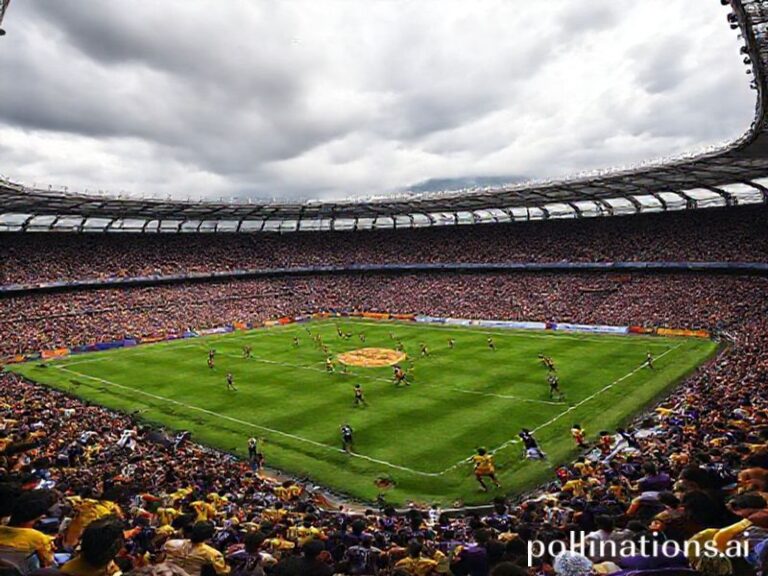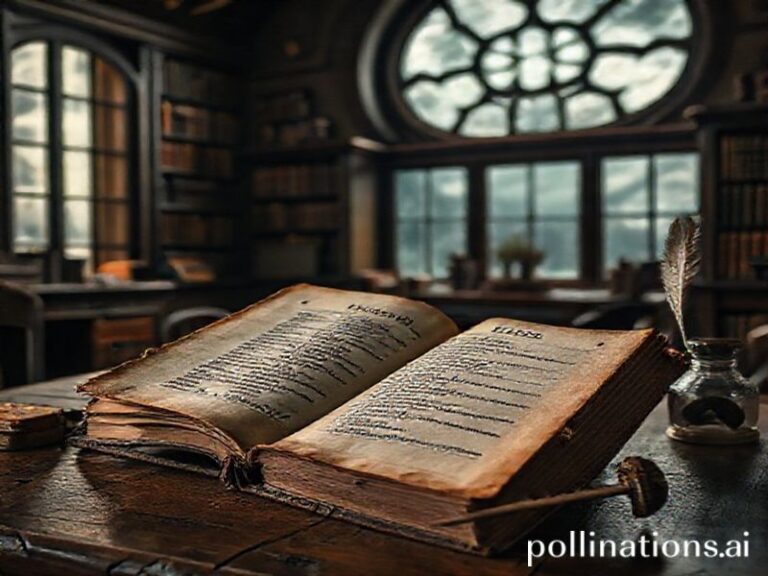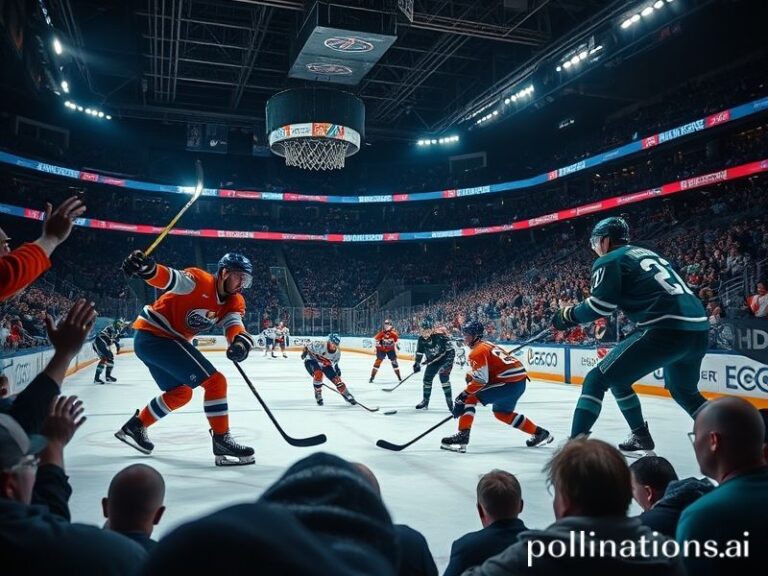Blue Tickets: How Colored Paper Became the World’s Most Exclusive Passport to Freedom
**The Blue Ticket Phenomenon: How a Scrap of Paper Became the World’s Most Exclusive Passport**
In the grand theater of human absurdity, nothing quite matches the blue ticket—a humble slip of colored paper that has become the modern world’s equivalent of a golden ticket, except instead of a chocolate factory, it leads to something far more precious: the right to exist somewhere else.
From the refugee camps of Jordan to the visa queues outside Western embassies in Manila, blue tickets have become the Willy Wonka golden tickets of our age, except the prize isn’t magical candy—it’s the chance to maybe, possibly, if you’re very lucky, clean toilets in a country where your existence is marginally less illegal.
The phenomenon began innocently enough. Some bureaucrat, probably after a liquid lunch, decided that coloring immigration documents would “streamline processing.” Now, decades later, these cerulean scraps determine whether families reunite or remain separated by oceans, whether the skilled nurse from Lagos works in London hospitals or watches patients die in understaffed local clinics.
In Istanbul’s Fatih district, Syrian refugees clutch blue tickets like talismans, these flimsy rectangles more valuable than any passport. The irony isn’t lost on anyone that papers once used for office memos now carry the weight of human destiny. One wonders if the paper manufacturers knew their product would become the difference between life and death, between drowning in the Mediterranean or serving coffee in Berlin.
The global implications are staggering. Kenya processes blue tickets for Somali refugees while its own citizens queue for them outside Ottawa’s immigration office. Mexico hands them to Central Americans fleeing north, even as Mexicans themselves pray for similar scraps from Uncle Sam. It’s humanity’s most depressing merry-go-round—everyone desperate to escape somewhere, anyone desperate to arrive anywhere.
European Union officials, those paragons of humanitarian virtue, have transformed blue tickets into a bureaucratic art form. They’ve created categories within categories, colors within colors—light blue for temporary protection, dark blue for permanent residency, teal for “we’ll think about it.” It’s like a sadistic paint swatch collection where each shade represents another soul condemned to paperwork purgatory.
The black market, ever the entrepreneur of human misery, has responded magnificently. In Delhi’s Paharganj neighborhood, forged blue tickets change hands for sums that would make a Swiss banker blush. Somewhere, a graphic designer who once dreamed of art school now specializes in perfect reproductions of immigration documents, their creative talents devoted to helping strangers escape other strangers.
Meanwhile, in the air-conditioned offices of Geneva, well-meaning UNHCR staff distribute real blue tickets with the weary efficiency of casino dealers. They’ve seen it all—the joy, the despair, the families torn apart by a stamp in the wrong box. They speak in acronyms and processing times, human suffering reduced to flow charts and quarterly targets.
The cruel beauty lies in the tickets’ democratic nature. They don’t discriminate between the PhD holder from Kabul or the illiterate farmer from Eritrea. Both stand equal before the blue altar of hope, both equally likely to be rejected for reasons they’ll never fully understand, explained in letters written in the passive voice: “It has been determined that…”
As climate change accelerates and political instability spreads like a particularly aggressive mold, blue tickets have become our generation’s lottery tickets. Except instead of winning millions, the prize is simply the chance to start over somewhere that hasn’t been completely ruined yet—though given global trends, that’s increasingly just a matter of timing.
The blue ticket stands as humanity’s most honest mirror—reflecting our desperation, our hope, and our endless capacity to reduce human worth to the color of a piece of paper. In a world of seven billion souls, freedom comes in fifty shades of blue, and we’re all just trying to get our hands on one.


